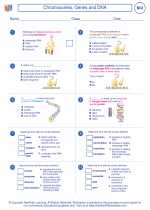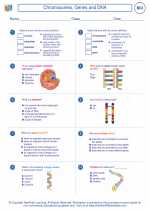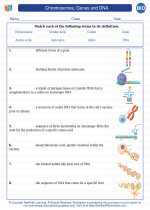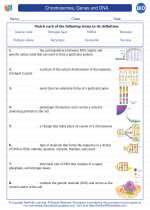Arteries
Arteries are blood vessels that carry oxygenated blood away from the heart to the rest of the body. They are part of the circulatory system and are vital for delivering nutrients and oxygen to all the tissues and organs in the body.
Structure of Arteries
Arteries have three main layers: the tunica intima, tunica media, and tunica externa. The tunica intima is the innermost layer and is composed of endothelial cells. The tunica media is the middle layer and is made up of smooth muscle cells and elastic fibers, which give the arteries their elasticity. The tunica externa is the outermost layer and is composed of connective tissue that provides support and protection to the artery.
Functions of Arteries
Arteries have several important functions:
- Carrying oxygenated blood from the heart to the body tissues
- Regulating blood pressure through vasoconstriction and vasodilation
- Providing a pathway for nutrient and gas exchange with the tissues
Types of Arteries
There are three main types of arteries:
- Elastic arteries: These are the largest arteries in the body and include the aorta and its major branches. They have a high proportion of elastic fibers in their tunica media, allowing them to stretch and recoil as the heart beats, helping to maintain steady blood flow.
- Muscular arteries: These arteries distribute blood to various parts of the body. They have more smooth muscle in their tunica media and are involved in regulating blood flow to specific areas.
- Arterioles: These are the smallest arteries and are involved in regulating blood flow into the capillary beds of the body's tissues.
Study Guide
When studying the topic of arteries, it's important to focus on the following key points:
- Understand the structure of arteries, including the layers and components of the arterial wall.
- Learn the functions of arteries and how they contribute to the circulatory system.
- Be able to differentiate between the different types of arteries and their roles in the body.
- Study the factors that regulate blood flow and pressure in arteries, such as vasoconstriction and vasodilation.
- Explore the clinical significance of arterial health and the implications of arterial diseases.
By mastering these concepts, you will have a solid understanding of arteries and their importance in the functioning of the circulatory system.
[Arteries] Related Worksheets and Study Guides:
.◂Biology Worksheets and Study Guides High School. Chromosomes, Genes and DNA

 Worksheet/Answer key
Worksheet/Answer key
 Worksheet/Answer key
Worksheet/Answer key
 Vocabulary/Answer key
Vocabulary/Answer key
 Vocabulary/Answer key
Vocabulary/Answer key
 Vocabulary/Answer key
Vocabulary/Answer key
